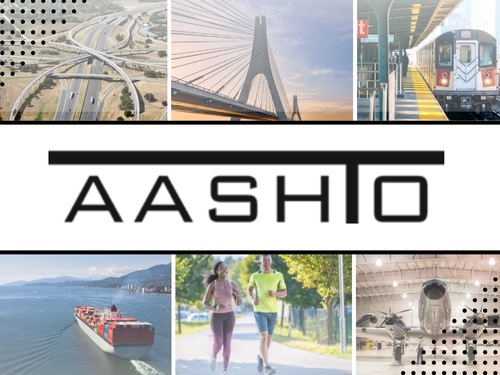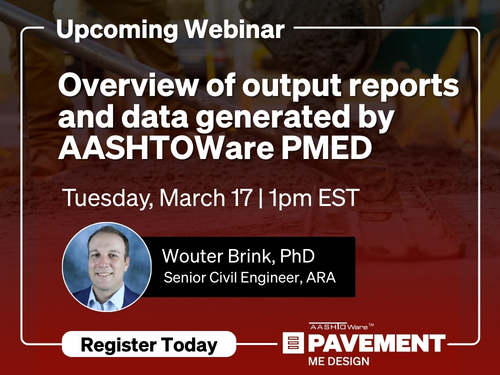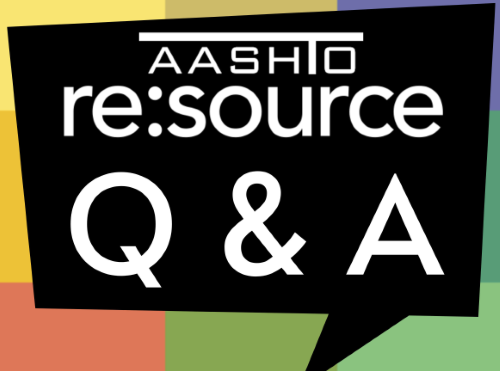The latest episode of the AASHTO re:source podcast focuses on the work performed by the publications division of the American Association of State Highway and Transportation Officials.
[Above image by AASHTO re:source]
AASHTO re:source – which launched this podcast series in September 2020 — provides services and tools through three major programs: the Laboratory Assessment Program, the Proficiency Sample Program, and the AASHTO Accreditation Program.

The latest AASHTO re:source podcast sat down with three members of AASHTO’s publication division: Erin Grady, director of publications production; Deb Kim, assistant director of publications production; and Greg Pearson, bookstore and web services manager.
“We do all of our publications in digital format, with fewer and fewer going into print,” noted Grady. “But there are some books like the materials book that remains in print based on our customer’s needs.”
She said the AASHTO publications division issues about 25 to 30 publications a year and currently maintains 200 titles in its library. “That does not include each individual material specification guide, which would add 800 to that number,” Grady noted.

“Right now, just to put things into perspective, we have about 19 titles in production, in various phases of production,” she added. “Some of them are very short – say 25 to 50 pages – while more detail specification guides, such as for bridges, can run from 1,500 to 1,800 pages.”
Kim noted that technical publications can present interesting challenges, since even the addition of a single comma for grammatical purposes could change the meaning of a technical standard. “We take a good hard look at everything to ensure that our edits haven’t inadvertently introduced any errors,” she noted.
By extension, maintaining such detail-level accuracy requires reliance on subject matter experts, many of whom are volunteers in relation to their work on AASHTO committees, noted Pearson.
“Sometimes it is part of their duty assignments at the agency that they work for, but for some of them, it is not, and they have to do the query review and responses on their own time because that’s something that they feel is their duty to the industry,” he explained.
To listen to the full podcast, click here.
 AASHTO
AASHTO
AASHTO Re:source Seeks Materials Laboratory Auditor
February 27, 2026 AASHTO
AASHTO

